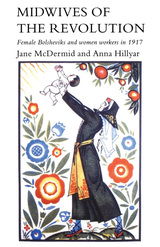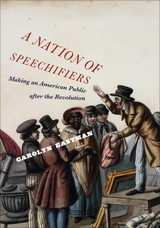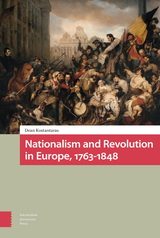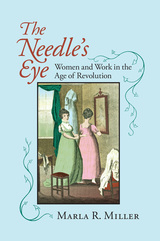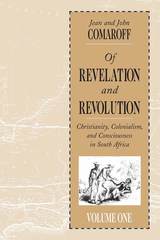Cloth: 978-0-674-53426-1 | Paper: 978-0-674-53427-8
This book explores the early Jewish confrontation with modernity and its attendant cultural and religious challenges. Focusing on the burgeoning eighteenth-century interest in the study of Scripture, Edward Breuer examines the complex relationship between the Jewish Enlightenment and the German Aufklärung. The revival of a textual and linguistic approach to Bible study among Jews, exemplified by the new translation and commentary published by Moses Mendelssohn, was largely reflective of the aesthetic and literary concerns of contemporary Europeans.
The Limits of Enlightenment demonstrates that this revival was also informed by an acute awareness of critical European scholarship and an attempt to respond to its modern challenges. Alongside its openness to European society and culture, the German-Jewish Enlightenment was thus also shaped by a newly perceived need to defend centuries of Jewish learning and tradition.
See other books on: Breuer, Edward | Enlightenment | Germans | Jews | Limits
See other titles from Harvard University Press


